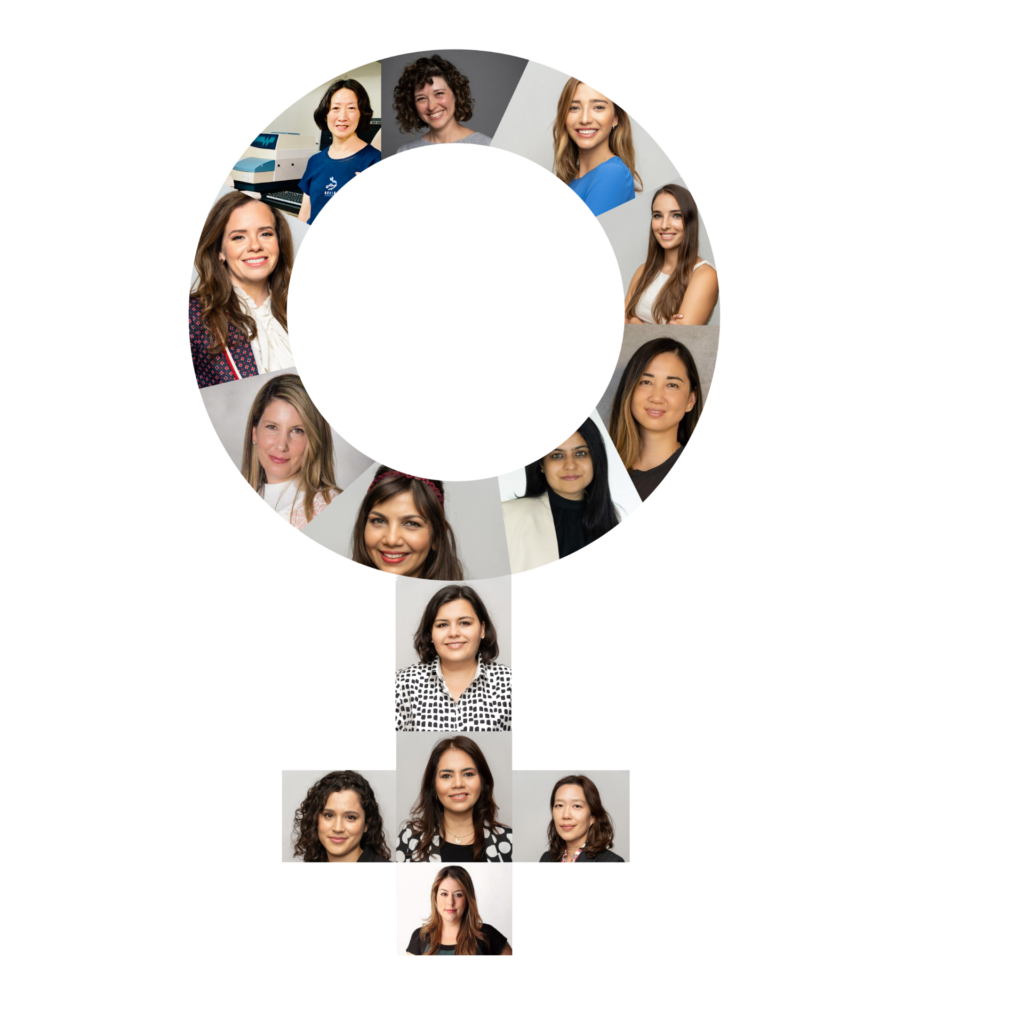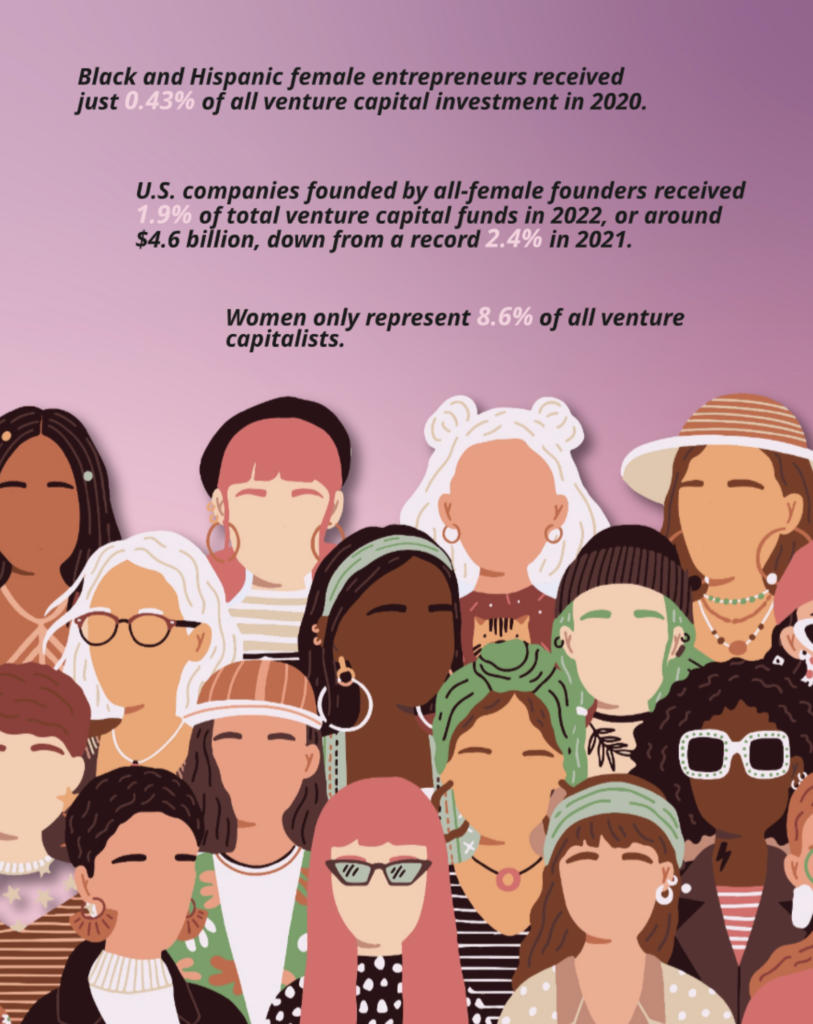
Breaking the Glass Ceiling: Gender Bias in Venture Capital Funding
By Paula M. Bodah
April 2023
The executive team at Bioz was hopeful about their meeting with a potential investor for their startup, which created an artificial intelligence search engine for life science experimentation. Things seemed to be going well enough, says Karin Lachmi, Ph.D., the Chief Scientific Officer and the only woman on the team, until the conversation took a disturbing turn. “The investor reached out to me and suggested he and I meet to discuss the product in the Jacuzzi,” she says. “I was shocked. I told him I didn’t find that appropriate, and that ended the relationship.
“Often I enter a room and the investors are all men, and they assume I’m a personal assistant to my male colleagues,” says Karen Lachmi.
Karin says that’s an extreme — and fortunately rare — example of gender bias. Still, she says, more subtle variations abound. “Often I enter a room and the investors are all men, and they assume I’m a personal assistant to my male colleagues,” she says. “Only when I introduce myself and begin to talk do they realize I’m not just there to take notes.”
Reports show that the U.S. venture capital industry remains male-dominated, with females representing only 8.6 percent of all venture capitalists, highlighting the significant underrepresentation of women in leadership positions in the VC industry.

The data suggests that female entrepreneurs do, indeed, have a more difficult time raising capital.
Some female entrepreneurs in the SVLC portfolio say it can be tough to tell if someone’s reluctance to invest signals gender bias. “It’s hard to say what the challenge is,” says Crystal Nyitray, Ph.D., CEO and co-founder of Encellin, a company developing next-generation therapies for chronic illnesses such as Type 1 diabetes. “Is it that I’m doing something very different from what people have done with medicine? Or that I’m a first-time founder? Or that I’m a Ph.D. and not a businessperson? Or that I’m a woman?”
The data suggests that female entrepreneurs do, indeed, have a more difficult time raising capital. A 2021 article in Harvard Business Review reported on a study that showed that women-led startups received only 2.3 percent of all capital venture funding in 2020. Another study showed that number dropping to just 1.9 percent in 2022. In 2020, Black and Hispanic women received only 0.64 percent of total VC funding.
“I haven’t had an obvious situation where I was sure it was gender bias,” says Anne-Sophie Mertgen, Ph.D., founder and CEO of Micro Meat. “But it’s very clear that it’s more difficult to raise money as a woman. Sometimes I think it’s that I’m a scientist by training, so I’ve been critical of my own data. I find it difficult to sell the potential if I don’t have all the data yet.”
She may be onto something there. Maricel Saenz, CEO and Founder of Compound Foods, suggests that men are just better at selling themselves. “Men are more comfortable overpromising,” she says. “They’re allowed to be visionary, while we’re expected to have every single detail buttoned up. We have to do twice the work, while they’re allowed to dream big.”
Maricel points to a study that showed venture capitalists ask very different questions of entrepreneurs depending on their gender. The study, reported on in Harvard Business Review, revealed that venture capitalists tended to ask men about the potential for gains and women about the potential for losses.
“It’s counterintuitive,” says Crystal. “If you follow the data, companies that have higher diversity typically outperform companies with all men.”
“If my gender is why they say no, I’m talking to the wrong people.”
Supporting her case, a Forbes article reported on a 2017 study that concluded that gender-diverse teams make better business decisions 73 percent of the time, compared to 58 percent of the time for all-male teams.
So what’s to be done? “We can’t change who we are,” Maricel says. “So for me, the focus is how to get a ‘yes’ next time. That’s a more empowering approach.”
Karin hopes that as more women start their own companies, things will improve. “We need to get to a point where 50 percent of the executives are women,” she says.
Meanwhile, Maricel says, “If my gender is why they say no, I’m talking to the wrong people.”

